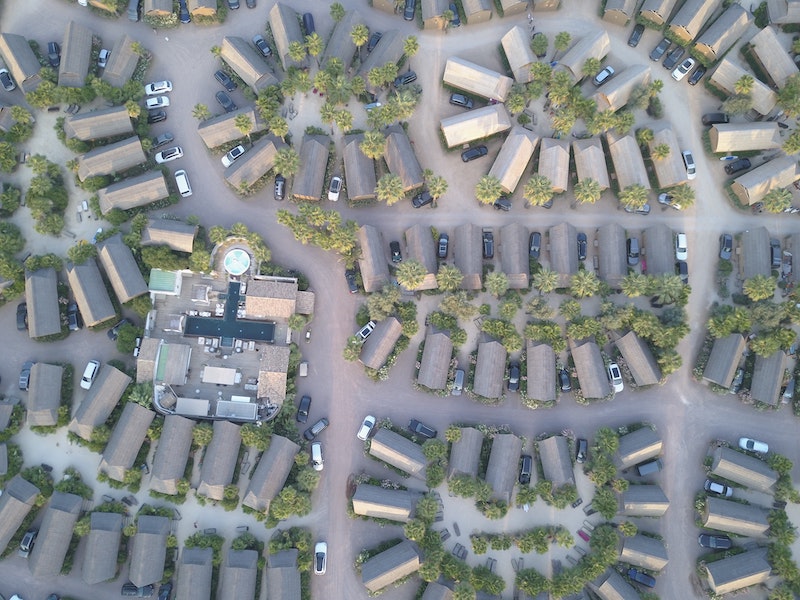The current COVID-19 crisis reminds me in some ways of the mortgage crisis. The biggest single cause of the 2008 financial meltdown was that the people who modeled the risk associated with mortgage-backed securities assumed that there was a 0 percent chance of house prices across the entire US dropping. If they had instead modeled a 1 percent chance of it happening, we would have never had much of the damage that we did.
The challenge with mathematical models is that they are models, not the real world. The real world feels no need to behave according your simple model. Assumptions are really important, and when you are guessing at those assumptions, it is really hard to model the outcome. In those cases it is often better to extrapolate results from the real world.
In the case of COVID-19, look at the cruise ship, look at South Korea, look at China, look at Italy. While virus experts may be able to help in those exercises, they are not the right people to analyze what actions we take next. Currently, everyone seems to be treating this situation like WWII—in the sense that no action is too costly if it helps win the war. I would argue that many of the actions we are taking, actions that will cause a total collapse of significant sectors of our economy, are too costly. As a species we do much better with binary decisions as opposed to making tradeoffs based upon probability.
Unfortunately, we are quickly passing the point at which a large percentage of services businesses will fail. That will cause huge disruption as people lose jobs and can’t find new ones. It is not just restaurants or hotels; it is any business that requires people to interact in person.





0 Comments